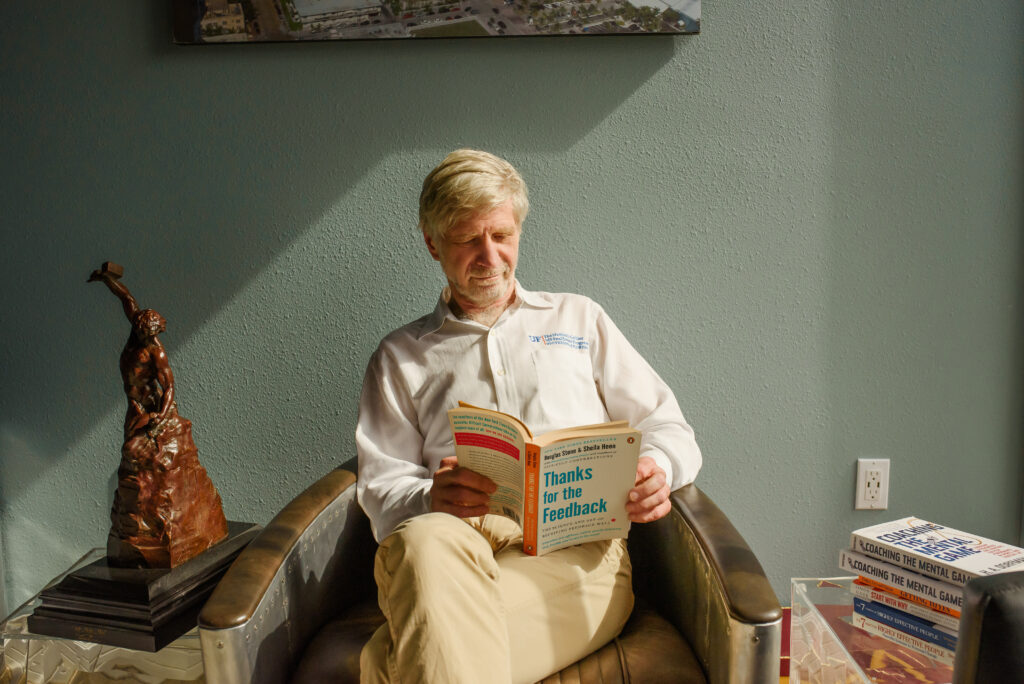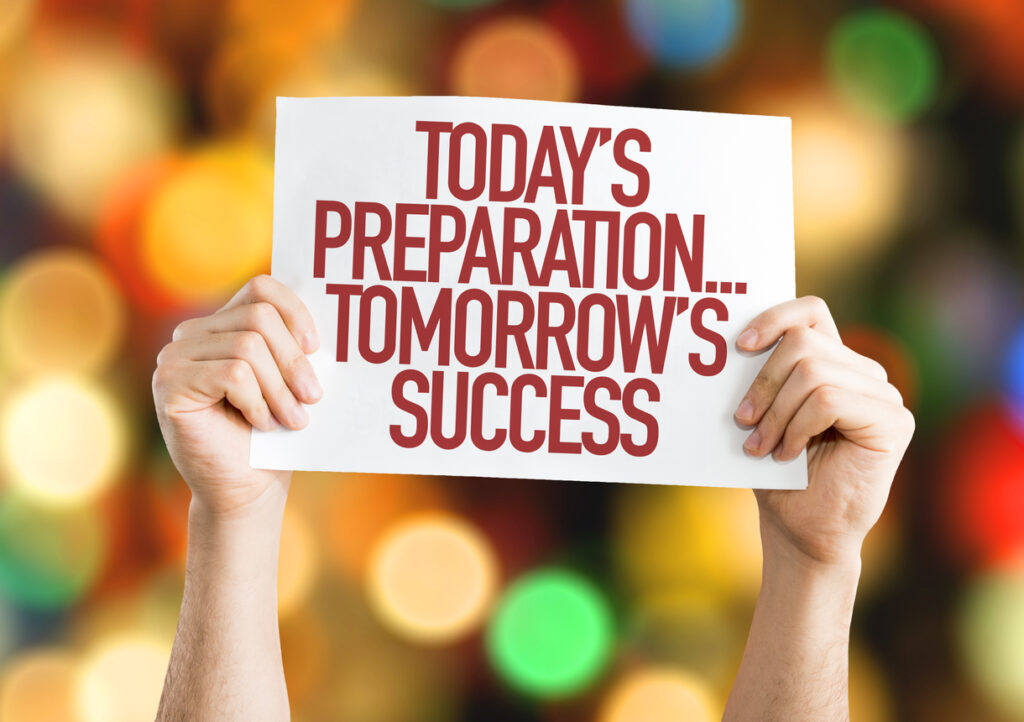It is SO easy to get caught up in the drama of life, to let emotions hijack your day. A technique I’ve been using more and more is to simply “go to the balcony”. I imagine myself looking down at whatever is happening as if it were a play I was watching. Taking the role of uninvolved observer, I am instantly more dispassionate, freer to ask “why” I’m behaving or feeling a certain way.
Commonsense is always easier from a distance! We have all watched friends or characters in a show do things that make us shake our heads, yet it can be challenging to avoid things equally unwise in our own lives. Going to the balcony gives me perspective and the more frequently I go there, the easier it becomes to find my way there, even in the direst moments. Vivid detail helps me; I literally envision myself sitting in an opera house style theater, upholstered chairs, thinking I need to have a talk with this playwright!
Closing Quotes:
“Achieving a balcony perspective is the only way to gain a clearer view of reality.” – Ronald Heifetz and Marty Linsky
“Life is about perspective and how you look at something… ultimately, you have to zoom out.” – Whitney Wolfe Herd
“By gaining the balcony view, we can see the full picture and respond more effectively to situations.” – Rhonda Peterson
Postscript:
One effective strategy…is to periodically step back from the action. Picture this as leaving the “dance floor” where the action is and “getting on the balcony,” so that you can observe the action. This is not as easy as it sounds: there’s lots of pressure to remain on the dance floor. E-mail, instant messages, meetings, and cell phones all place you where the action is. When you go to the balcony, you define a metaphorical space where you can observe patterns and create many interpretations of your own behavior and those within the larger system.
Getting on the balcony helps you gain perspective in the midst of action. You can examine the dynamics, identify and interpret trends, and reach a deeper understanding of the current situation. While on the balcony, you develop two complementary skills: you notice nuances in people’s language and behavior, and you find ways to interpret the data you collect. Developing the ability to maintain multiple perspectives and remain curious helps you determine the actions that will connect you to the experience of others and help the organization progress. You’ll be able to tune in to the currents and perspectives within the broader organization.” – American Management Association
As always, I share what I most want and need to learn. – Nathan S. Collier





